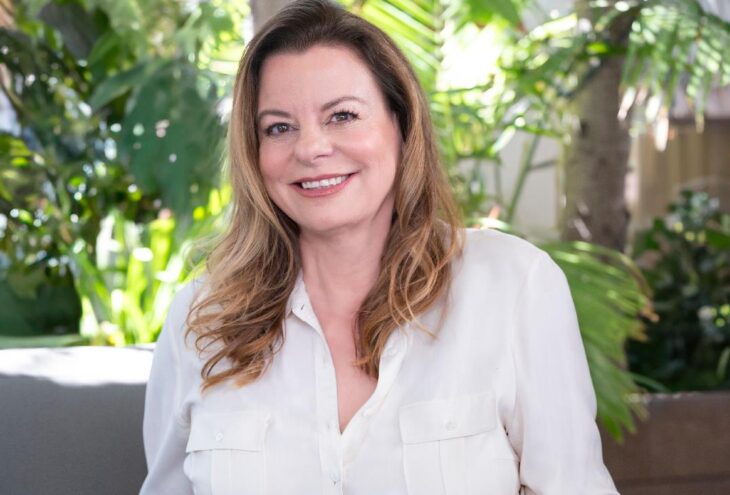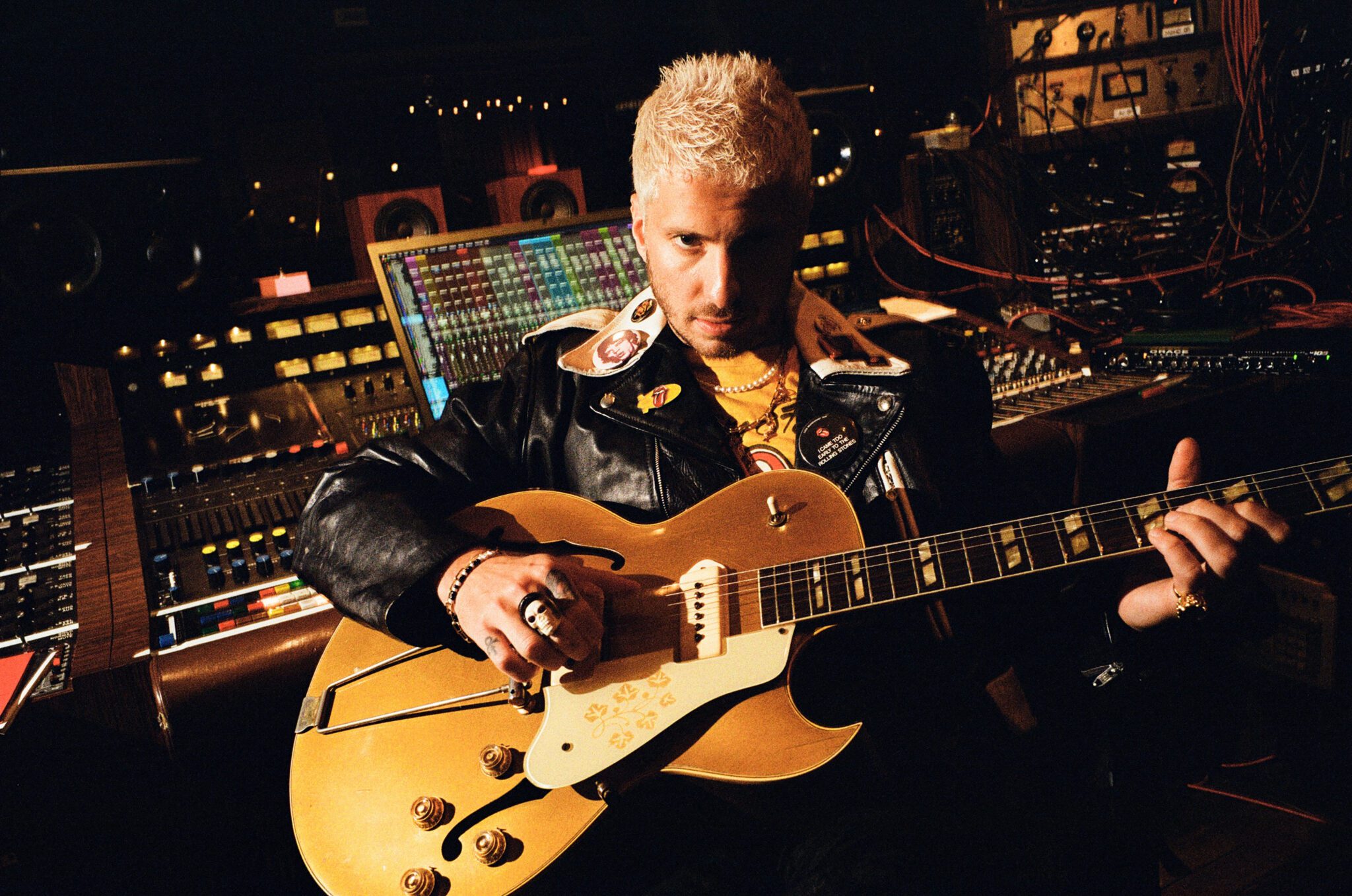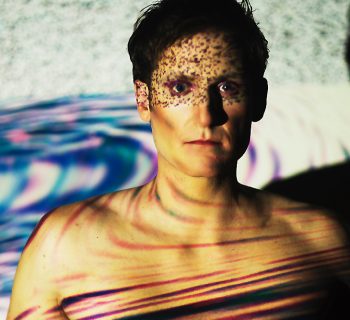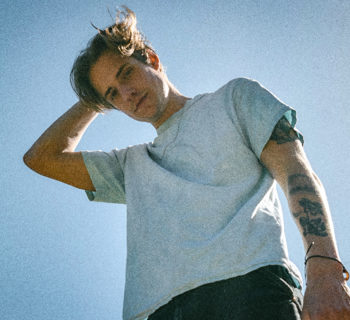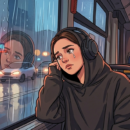Owner
Stilwell Law
Years with Company: 11
Address: 26565 Agoura Road, Suite 200, Calabasas, CA 91302
Phone: 818-330-6819
Web: rmslawoffices.com
Email: rachel@rmslawoffices.com
Clients: LeAnn Rimes, Noel Schajris, Take 6, musicFIRST Coalition, Future of Music Coalition
BACKGROUND
Rachel Stilwell has been named one of Billboard’s Top Music Lawyers for the last seven years. Well versed in intellectual property and copyright law, she represents artists, songwriters, recording engineers, and more. This October, she’ll appear at NAMM on a panel regarding the intricacies of producer agreements.
Paradigm Shift
The music industry changed overnight when Napster hit. I had segued from running Verve’s radio promotion department to sales and marketing. All of a sudden, sales and marketing plummeted, because everyone was stealing music. It looked like a good time to get out of the record business, so I said, “I’m going to law school.” I thought I was leaving the music business, yet I realized that I was interested in music law, intellectual property, and media law. I wound up getting sucked right back into the music business.
Having Industry Experience
Once you’ve worked in the record business for a decade or two, you become familiar with what makes artists tick, how their teams work, and all the types of business deals that surround artists. If you understand the business and the relationships between artists, managers, booking agents, lawyers, and licensees, it makes doing contracts a lot easier.
I never took copyright or trademark law when I was in law school. It wasn’t until my first year as an attorney that I started learning copyright and trademark law by doing it. But it came easily because I understood protecting and exploiting intellectual property.
Solo Performer
My first job at a law firm was working for music attorney Owen Sloane. He had been around forever, and I didn’t have to bring in my own business. I worked on contracts, deals, and licenses for artists on his roster. Eventually, I left to start my own firm. I had enough clients, so I would make more money and have more control if I became an entrepreneur.
One Attorney, Three Purposes
A third of my practice is representing creative individuals (recording artists, songwriters, producers, engineers, mixers, that kind of thing) with contracts, licensing, employment agreements, anything they need. Another third of my work is straight up trademark. During the pandemic, a lot of musicians created side hustles and new brands. And those brands needed to be protected. Suddenly, all these new entrepreneurs needed help protecting their trademarks. And a third of my practice is doing policy work, mostly before the Federal Communications Commission.
Be Mindful of Branding
Brands are valuable. If you cross-pollinate across a lot of different media, each of those things can help your underlying music brand. Be careful about who you’re doing an endorsement deal with, because if the reputation of the brand you’re helping changes, that can harm your reputation. Also, you don’t want to undersell what your endorsement is worth. Sometimes, it’s hard for an artist to figure out the value of an incoming deal and what’s reasonable to negotiate. That’s where I come in.
Register Your Work
Make sure you register your copyrights with the United States Copyright Office, which can usually be done D.I.Y. If you don’t have an ownership dispute, there’s no excuse for not registering your work. If you have work that is copyrightable and it is infringed before you have a registration with the Copyright Office, you have much less recourse against the infringer.
And the difference is vast. If you have a registration prior to an infringement, you can file a case in federal court. These days, there’s a small claims court in Washington, D.C., and you can ask the judge for statutory damages. You can ask for up to $150,000 per work infringed if it’s willful infringement. And you can ask the court to consider having the infringers pay your attorney’s fees, which are the bulk of your expenses in that kind of case. If you don’t have a registration prior to the infringement, you can’t do any of those things. You can consider filing a case in state court, but it’s an uphill climb with less chance of winning.
The other thing is that, if you have a copyright registration on your work, it creates what’s called a prima facie presumption that everything in your registration is true. If anybody disputes you, it’s their burden to show that you’re wrong.
Trademark Matters
If you have a band, you want to register that name with the United States Patent and Trademark Office (USPTO). In order to do that successfully, you need to make sure you don’t have competitors whose names sound too much like yours that have been around longer than you have. Only once you get a registration in the U.S. can you look at getting trademark registrations abroad.
Fair Use
Training on other people’s work without consent for the purpose of generative A.I., if that work is copyrightable, it’s infringement. The question becomes—is it fair use? And you never know until you get into a court of law. If people say, “I’m relying on an honest fair use defense,” that’s risky because you never know whether something is fair use until you’re litigating. We’re waiting on some cases to be decided and published on this subject. There are a lot of technologists who think they can do whatever they want because they [believe] there aren’t laws in place. Nothing could be further from the truth.
Rights of Publicity
A lot of people call rights of publicity law “name, image, likeness” because they often come from sports. But we’re music people. We care about voices. So it’s rights to name, image, likeness, and voice. California, New York, and Nevada have pretty robust state laws that protect against misappropriation. But New Mexico doesn’t have a law like that. It is not optimal to have a patchwork of state laws where some states safeguard against misappropriation and others don’t. For that reason, I and my fellow music advocates have been working to pass the NO FAKES Act that would federalize a right of publicity and provide special safeguards.
Inspiration To Legislate
In 1985, I was in high school watching a Senate committee hearing involving Frank Zappa, Dee Snider, and John Denver, who were testifying about the dangers of censoring musical works. They were incredibly articulate. I said, “I want to be just like Frank Zappa.” It was an inspiration that artists could use their voices to protect their own, their listeners, and the public interest.
I later heard about an event called GRAMMYs On The Hill. I read about it in Billboard and wanted to be part of it, but you had to be a member of The Recording Academy. I thought, “I’m a music lawyer. They would never take me.” But wanting to be part of this event made me ask to join The Recording Academy, and they welcomed me. I’ve been to almost every GRAMMYs On The Hill and led dozens of meetings between musicians and members of the House of Representatives and Senate.

